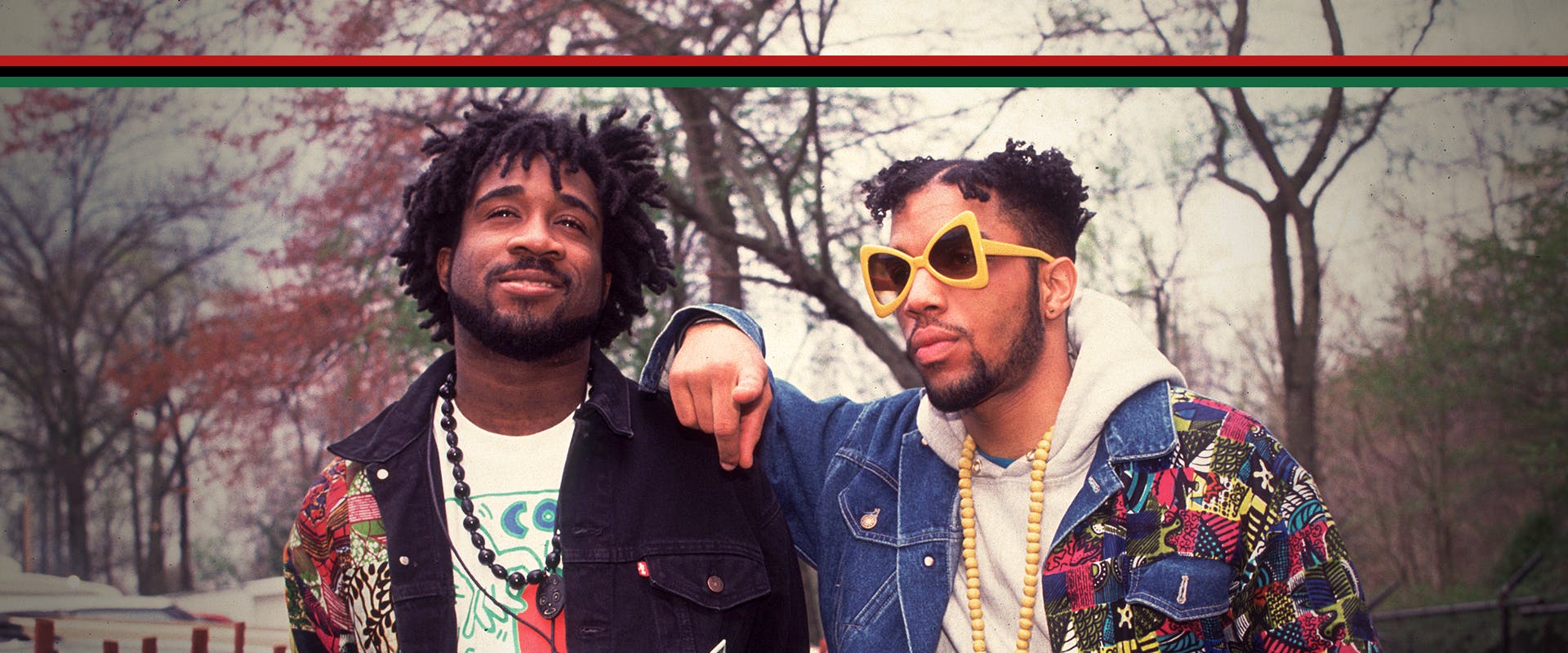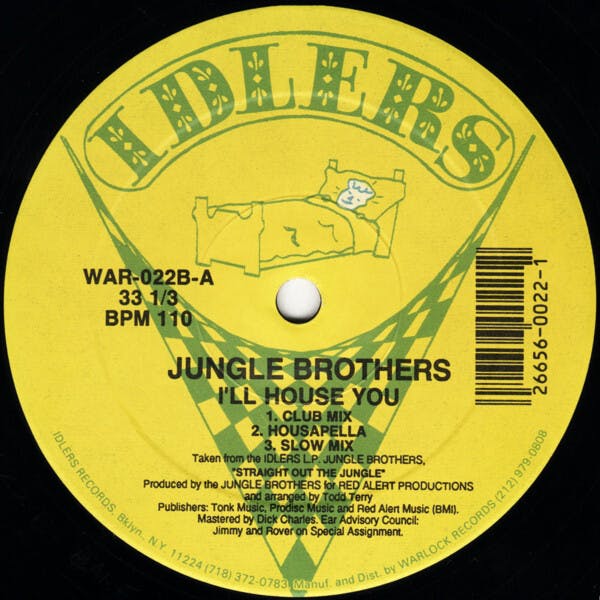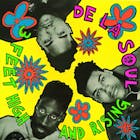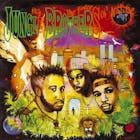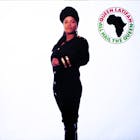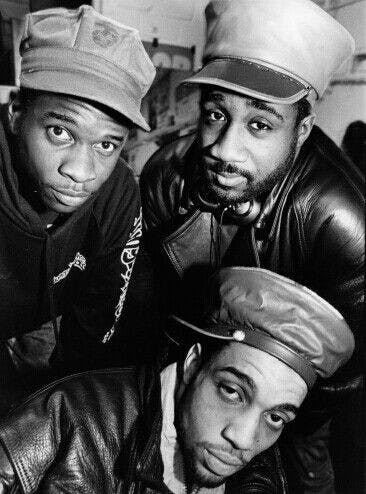features
Classic Albums: 'Straight Out the Jungle' by Jungle Brothers
Classic Albums: 'Straight Out the Jungle' by Jungle Brothers
Published Tue, February 2, 2021 at 10:50 AM EST
Hip-Hop culture is ALL culture — permeating deep within every global nook and cranny — in areas like music, art, fashion, and dance.
Bam's name pays distance homage to the aforementioned Afrika Bambaataa — illustrating the core tenet of "each one, teach one" when building a culture with a strong foundation.
1988 marked two distinct approaches to the idea of emerging from a problematic urban environment.

